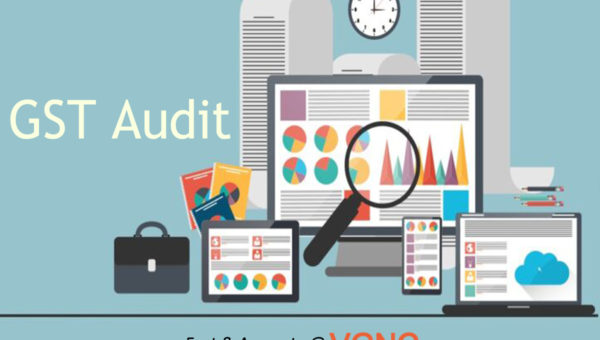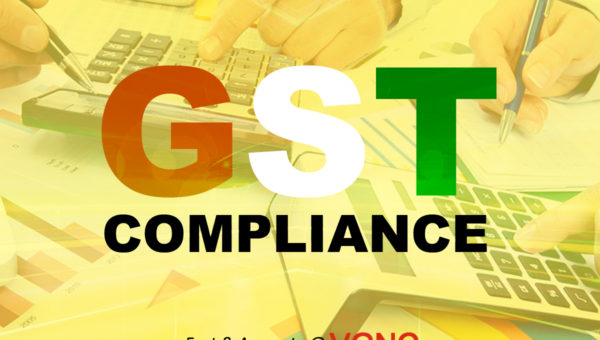It has been a roller coaster ride since the introduction of GST and its implementation. Some aspects of GST are clear while others are complex. This complexity is partly because GST is a new tax system. And has a lot of confusion around maintaining accounts and filing.
We have also seen new updates and improvements in the rates and GST laws. Although they are done to make GST more effective and beneficial, constant changes do add to the confusion. And then we had to go through the first ever GST filing.
But isn’t GST filing easy?
It should be. However, GST is a new tax system a lot more precision and vigilance are needed.
Leading banks and top firms including Google India, Hitachi and Panasonic received notices from tax authorities due to GST mismatch or underpayment. The response time was only 10 days. According to a report, 34% of GST taxpayers had mismatched GST accounts and GST underpayment from July to December 2017. Rs. 34,400 deficit was noted down for GSTR-3B filing.
When Will You Get a GST Notice?
According to Section 73 of CGST Act which deals with the issuance of show cause notice to assesses, notice can be issued to the taxpayers in following cases:
- Mismatch in GSTR filings
- If the GST tax is short paid or unpaid
- Wrong calculation of the refund
- Inexcusably utilised/availed the input tax credit
If GST authorities find that your motive was not to evade taxes, they will issue a show cause notice. You can get a show-cause notice for any reason other than fraud. Notice will also be issued in case fraud is discovered by tax authorities.
Time Limit of Issuing Notice
The time limit for issuing Show-Cause Notice depends on whether or not suppression or fraud is involved. If tax authorities find that your GST filing has mismatch but does not involve fraud or suppression you will receive notice three months prior to the date on which you are supposed to complete adjudication. And adjudication in such cases should be completed within 3 years from the date of filing the return.
In case of fraud or suppression, the notice is issued 5 months before the adjudication date. The adjudication should be complete within the 5 years of filing an annual return. According to Vipin Garg, Lead advisor of VGNC, GST act provides a 30 days period to taxpayers for responding to scrutiny notices.
What Do You need to Do?
There are two things you should do when you receive the notice:
- Check whether you have filed your GST properly or not. You must also check your books well. It is better to let an independent professional analyse your GST filing.
- If you have filed your GST is correct manner, you send a clarification.
How to Send Clarification?
If you have received an email of notice, you can send clarification with GST filing copies. You can also connect with your AO officer and provide clarification on the same.
You might have to you due amount of tax along with interest and penalty. Remember, the penalty is not assessed on cases such as incorrect filing, incorrect type of GST charged. However, interest is charged on all types of shortfall notices.
In the case of fraud, 100% of the total tax evasion and short deductions is levied as the penalty on the taxpayer with a minimum of Rs. 10,000. Jail punishment can also be given in case of high-value frauds.
GST is still in its budding period. This article gives you a glimpse of the show-cause notice which is issued a taxpayer in case of non-compliance with GST regulations. You can avoid GST notice by filing your GST on time. You must also maintain your accounts to support your GST filing. VGNC, a leading GST auditing firm in Delhi NCR, offers comprehensive GST auditing solutions to prevent any type of mistakes and errors in GST filing.
In case, you have had a GST filing issue and have received a notice. Don’t worry. GST experts at VGNC provide proper advisory and guidance. Connect with us on or call us on 9810666554/ 7668010101 and forget all your GST hassles on us.




